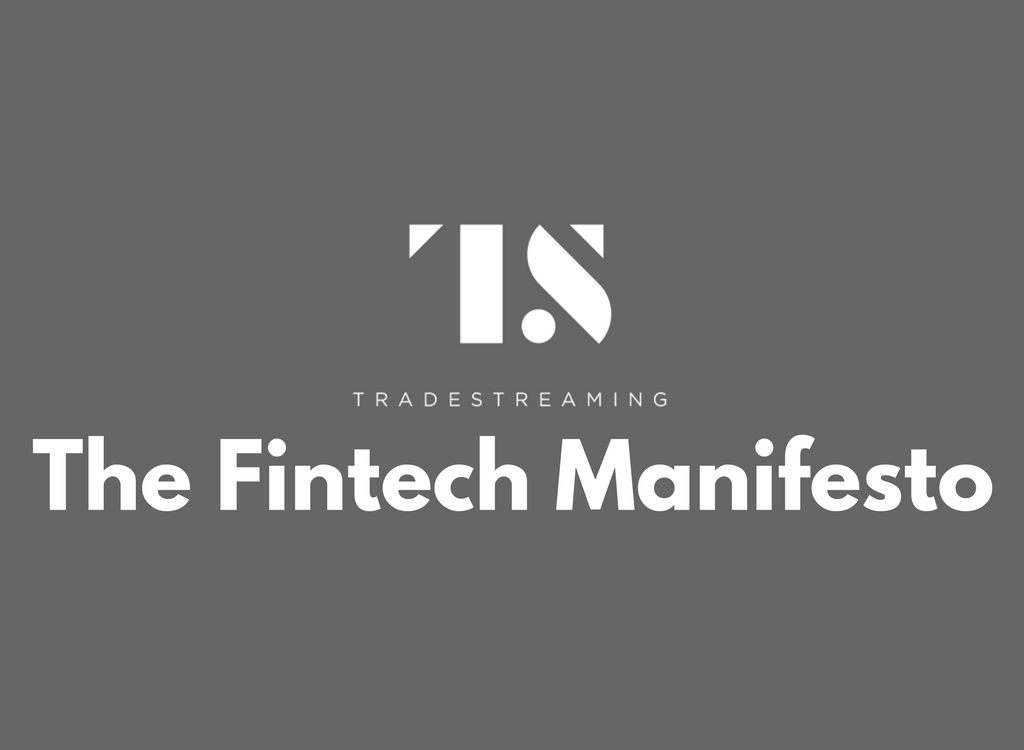Uncategorized
The Fintech Manifesto
- Let's drop the word disruptive from our vocabulary.
- The fintech evolution will take years and decades to play out.









